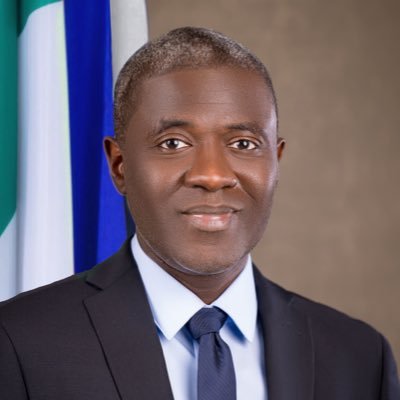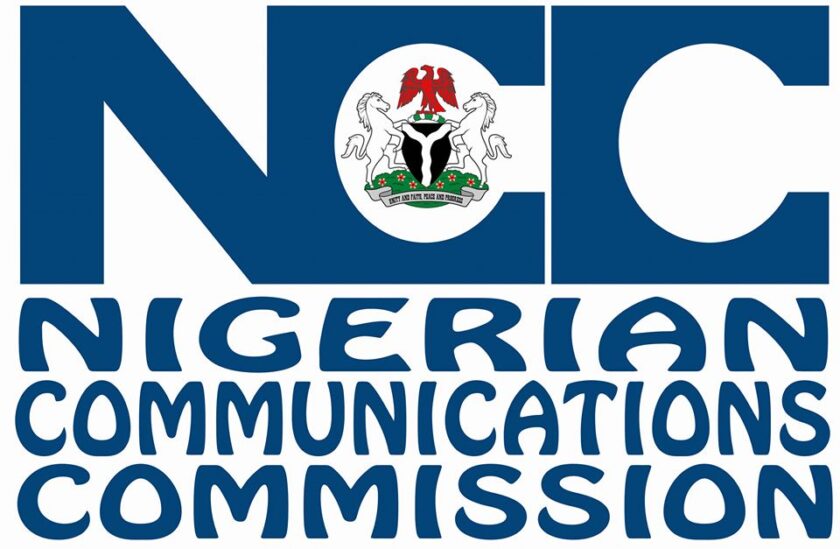The Nigerian Communications Commission (NCC) has issued a directive to Mobile Network Operators (MNOs) and Internet Service Providers (ISPs) in Nigeria, urging them to comply with regulatory frameworks aimed at ensuring the security and safety of their networks for telecom consumers.
At the Nigeria DigitalSense Forum, an annual event focused on Internet Governance for Development held in Lagos, Prof. Umar Danbatta, the Executive Vice Chairman and Chief Executive Officer (EVC/CEO) of the NCC, emphasized the importance of regulatory compliance in safeguarding the rights of Internet users and providing clear guidelines to service providers.
One of the key regulatory frameworks highlighted by Danbatta is the Internet Code of Practice (ICP) for the telecom industry. The ICP serves to protect the open Internet, outline obligations related to personal data protection, address offensive content, and protect minors and vulnerable audiences online.
Danbatta emphasized that by upholding the principles of the Internet Governance Code and collaborating with stakeholders, the NCC can ensure the safety of networks and protect telecom consumers online.
Under the theme “5G: Data Governance, Safety, and Security in Nigeria,” Danbatta emphasized the importance of robust legal and regulatory frameworks for effective data governance. The ICP serves as a framework in this regard.
The EVC stressed the need for telecom licensees, especially MNOs and ISPs, to adhere strictly to industry frameworks that promote effective governance in Internet service delivery. As new technologies such as 5G are deployed in Nigeria, there is a greater need to prioritize privacy, data integrity, and online trust across telecom networks.
The EVC, represented by Dr. Chidi Diugwu, the Head of New Media and Information Security at the NCC, highlighted the significance of consumer privacy, transparency, and ethical data use in unlocking the full potential of 5G technology and promoting innovation in Nigeria.
Furthermore, Danbatta emphasized that NCC licensees have a legal obligation to prevent their network facilities and services from being used for any unlawful activities. Compliance with legal and regulatory obligations is crucial for effective Internet governance in Nigeria, and licensees are expected to collaborate with the NCC in this regard, as stated in the Nigerian Communications Act (NCA) 2003.




